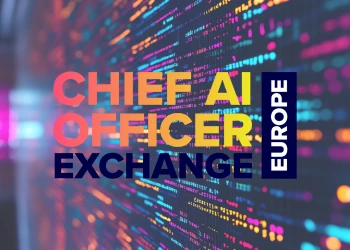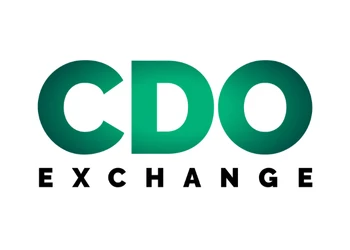Optimizing Governance in Managed Cloud Environments
A conversation with Laura Guilbert, Head of Analytics, Wisetack
Add bookmark
While Fintech is disrupting the finance industry, cloud computing is disrupting fintech. While cloud computing offers fintech companies a number of benefits including increased scalability and faster data processing speeds, many companies worry that cloud technology may fall short when it comes to data governance and security.
To bust some of those myths, we invited Laura Guilbert, Head of Analytics at Wisetack to share her approach to developing data governance frameworks for the cloud. The following is just a snapshot of what she has to share; attend the Data Governance Live virtual event April 5, 2022 to watch her full session on outpacing disruption with cloud native analytics.
Become an AI Data Analytics NETWORK member today!
Premium content. Expert insight. Instant access. All for FREE.
Seth Adler, Editor-In-Chief-, ADA: So let’s start with optimizing governance in managed cloud environments. My understanding is that it's possible, but a lot of work.
Laura Guilbert: A lot of people think that they don't get the same governance in the cloud as on premises so they build everything in-house. But there's actually a lot of governance, a ton of governance, that you do get when you're in the cloud. That's because you have your Amazon web services or your Snowflake, and they companies need governance. So that’s part of the thing that you're buying, you're buying a lot of governance.
Try not to think of it as, I'm losing all my governance. Try to think of it as, I'm actually gaining some governance in the system. Because all companies out there will have solutions for you that allow you to move into the cloud and actually gain some governance as you do that.
So as far as cost goes, yes, it can be expensive. But also think, you're actually going to be saving some money because you don't have to hire the 20 engineers to monitor your system and make sure that you have load balancing between your different servers. It's monitoring the inputs of your data.
Yes, it can still be expensive and you do still need to have people in your company that are making sure that all these things are protected. You need to have a good finger on the pulse and where your PII is and where your sensitive data is and where your trade secrets are. But that said, you actually save some money because it prevents you from having to increase headcount by 20 people.
Seth Adler: This brings me to my next question. What about upskilling and reskilling existing team members? How do you approach that?
Laura Guilbert: Right. So that was going to be exactly the kind of selling point that I have for you. Imagine that all of your analysts are not just watching your data, but analyzing it. They are telling you stories about how your business is doing and what new opportunities there are for your business. Rather than running through databases, trying to find PII, protecting and doing the load balancing of your servers, making sure that everything's been running, that there are mirrored instances and so on, they’re spending all their time using data to deliver business value.
Now take all those workers, who are very technical in nature, they already know SQL and have experience working with data. Those people can be transitioned to new, technology roles. Yes, you might need to upskill, but in some cases, maybe you don't. There's a lot of really incredible analyses that you can do in SQL, and they people know SQL and they know your data.
So start with the SQL stuff, which is reporting and hindsight. Then upskill them into new skills like experimentation and data science. This will move you up that analytic maturity framework from hindsight to insight, insights things like deep dive analysis and more complex SQL and experimentation. Eventually you’ll start getting into foresight where you're predicting the future and doing things like forecasting and propensity modeling. But you can just reuse those resources and they will then become not just money savers for your business, which is what they're doing in governance. But money makers for your business because they're identifying new opportunities for you.
Want to learn more? Join us April 5 at
Data Governance Live
A FREE Virtual Event




























